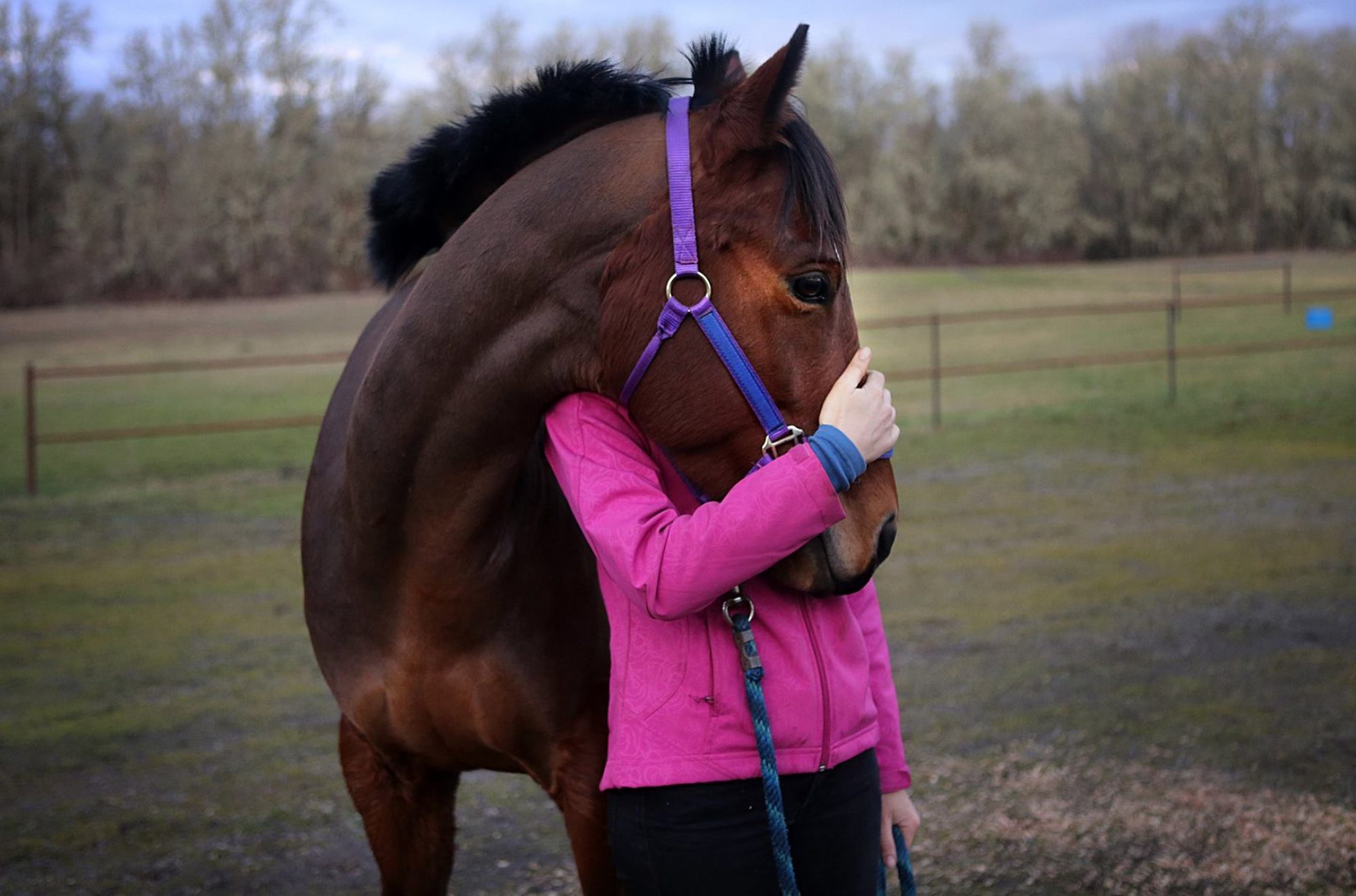
For those north of the Columbia, the annual Society of Professional Journalists print auction in Seattle is a wonderful time for a great cause. I had an absolute blast there two years ago and was a judge for last year’s Passion Project grant. Go have a beer or two and buy a print to support photographers!
Here’s what they have to say:
Join SPJ Western Washington and Northwest Journalists of Color/Asian American Journalists Association Seattle for a print auction and fundraiser for grants for photographers and filmmakers in Washington state Friday, Feb. 28 at Machine House Brewery in Seattle.
Passion Project grants support photojournalists working on documentary projects during a time when publications are cutting staff positions and funding for visual journalism. The NW Photojournalism community generously donates prints for this auction.
Prints will be available for sale, along with books and other items. Previous grantees will share about their experience and projects. Come show your support!
A suggested donation of $10 is requested, which comes with one drink ticket. All proceeds from sales and donations will support the Passion Projects grant program.






